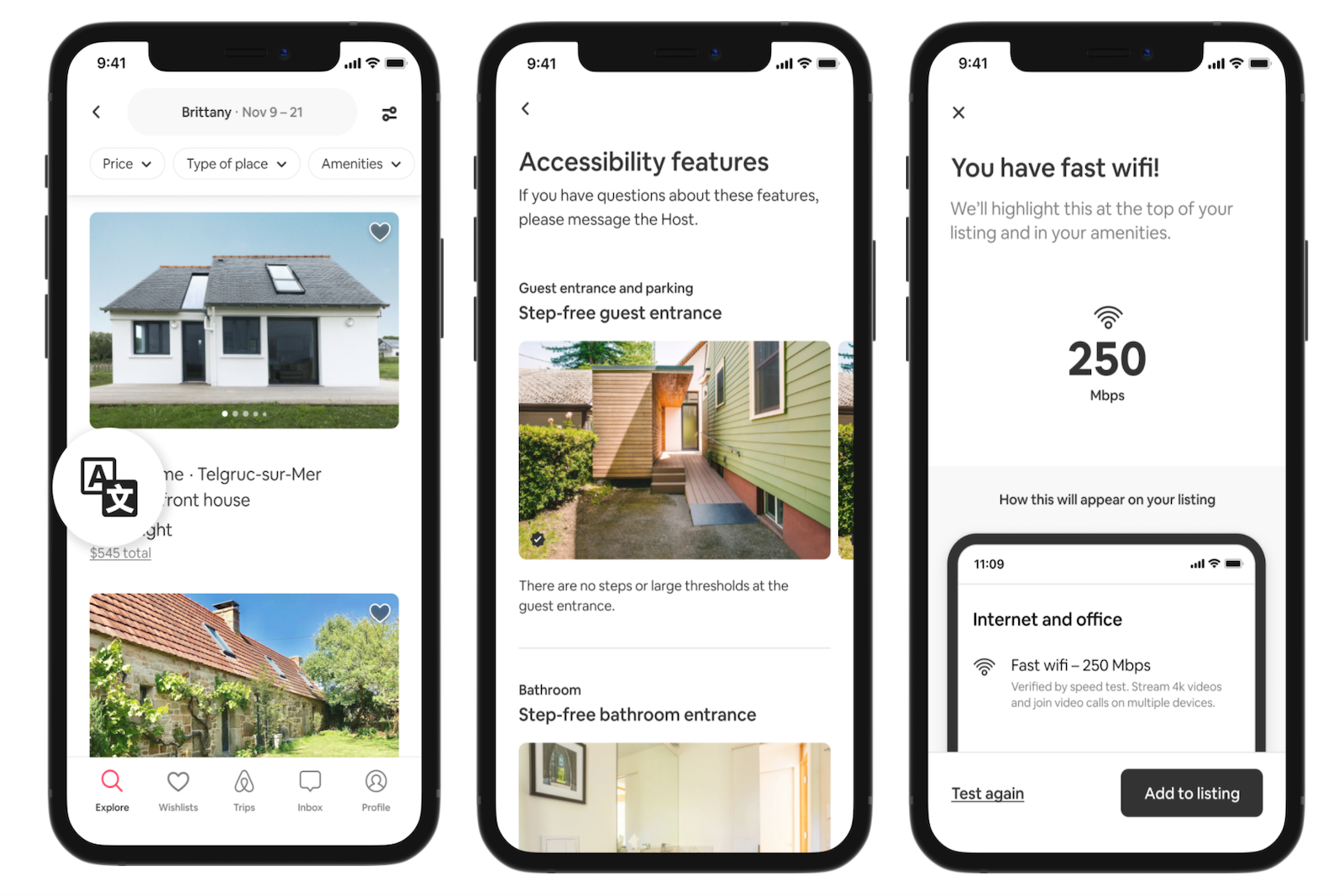
Airbnb has significantly expanded its City Portal and added new features to help both users and property owners, the company said in a press release. Launched in 2020, the portal is now available in 430 locations across the world. It provides local governments and tourism organizations with insights into the tourism trends in their communities. With the newly added features, cities can now access data insights and new tools to help enforce short-term rental laws.
The newly introduced tools help users engage with their local Airbnb Host community and find their local Airbnb Host club to connect with Hosts, allowing users to directly communicate any issues. Moreover, users can now request a Responsible Hosting Page, which is a dedicated web page offering both governments and hosts an easy-to-find resource on how to comply with local short-term rental rules.
Last year, Airbnb CEO, Brian Chesky, announced that a summer update was set to bring in more than 50 minor improvements for renters and hosts. The CEO claimed that the issues would solve the most complex pain points of the platform, and the redesign was set in action after analyzing 15,000 social media posts along with millions of service complaints.
Read also:From Saturday Night Live To Only Murders In The Building Martin Shorts Journey And Net Worth
Government officials will be granted access to various metrics related to Airbnb activity, including the monthly guest count, aggregated data detailing the origin of guests' travel, survey results indicating the average duration of Airbnb stays, and recommendations from local hosts regarding top businesses in the area.
The platform has also improved compliance capabilities in a bid to help local governments enforce their short-term rental laws. Officials can use the City Portal to search for listings in their registration system and take action if local regulations are violated.
In the past couple of years, several states have introduced such renting laws to regulate the market. As cities confront mounting demands from residents to enhance housing availability and affordability, there's a growing recognition that short-term rentals could play a role in addressing these concerns.
However, leaders are also wary of potential drawbacks, particularly their impact on residential neighborhoods. The constant turnover of tourists in these areas can disrupt peace and cohesion among residents.
In response, cities like Atlanta, San Diego, and Juneau have taken steps to introduce regulations governing such rental models. Additionally, several states, including New York, California, and Florida, have implemented their own laws to manage the impact of short-stay housing on communities.
Nonetheless, the introduction of the new portal signifies Airbnb's commitment to strike a balance between the advantages of home sharing and the needs of local communities. Before this initiative, the platform established the Airbnb Housing Council, which is dedicated to identifying solutions to housing affordability challenges by partnering with housing experts, elected officials, and academic institutions.
Read also:Kat Timpf Net Worth A Detailed Insight Into Her Wealth Career And Achievements
In its fourth-quarter report released on February 13, Airbnb showcased promising growth figures. The company announced that the number of nights and experiences booked through its platform had increased by 12% compared to the same quarter of the previous year. Additionally, it reported a 17% year-on-year rise in revenue, indicating its continued success and expansion in the market.
:max_bytes(150000):strip_icc()/TAL-airbnb-room-views-AIRBNBTOOLS0523-401ccf20f2274f9393b5b3a337bc5fbb.jpg)


